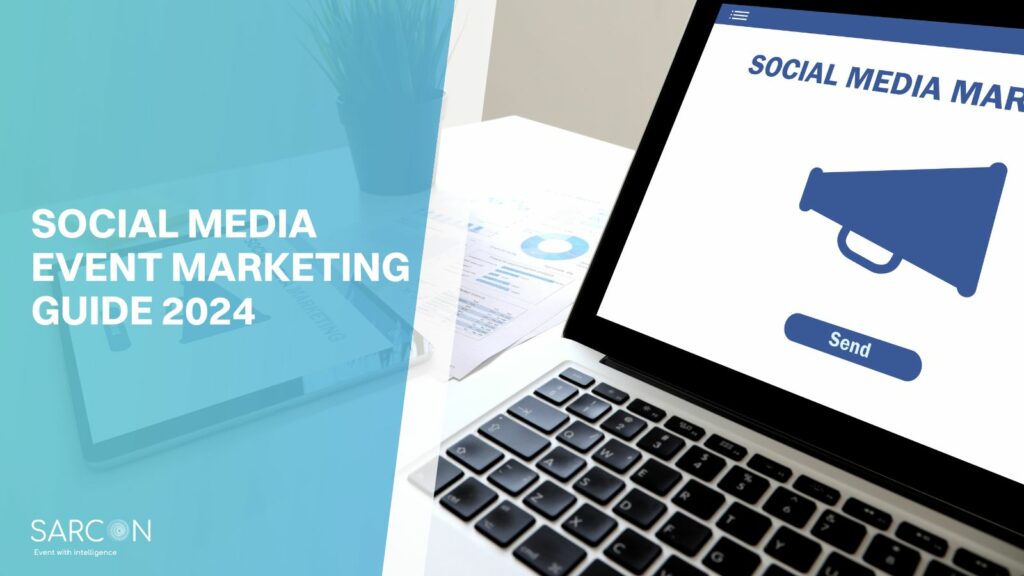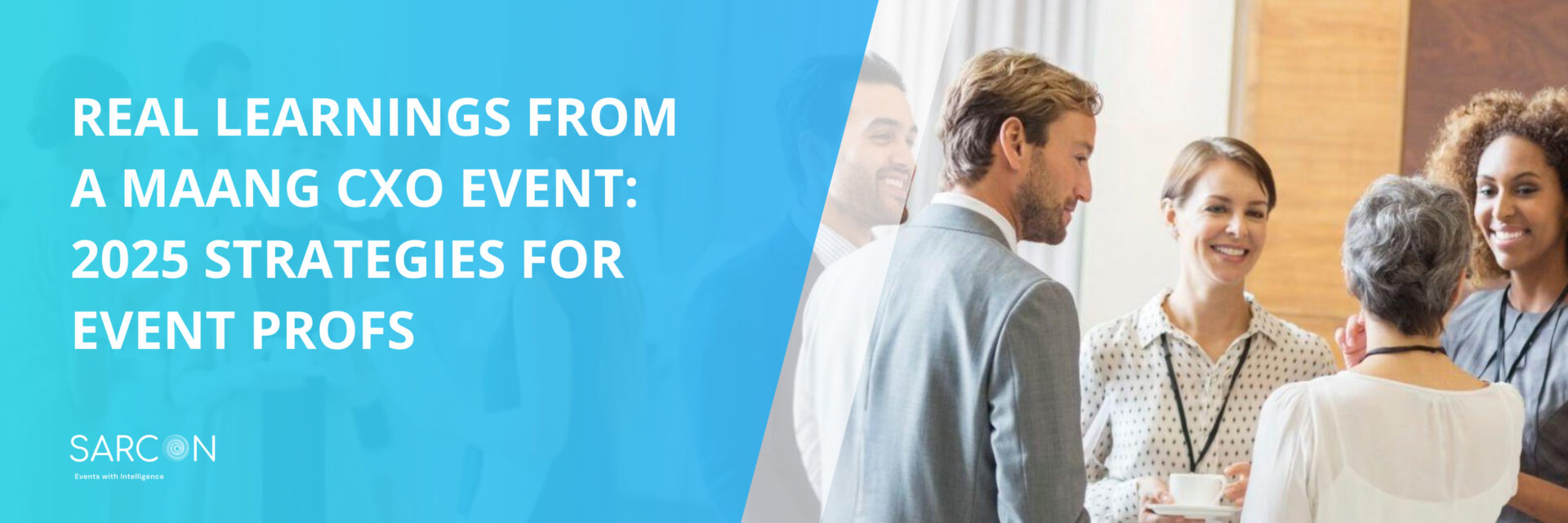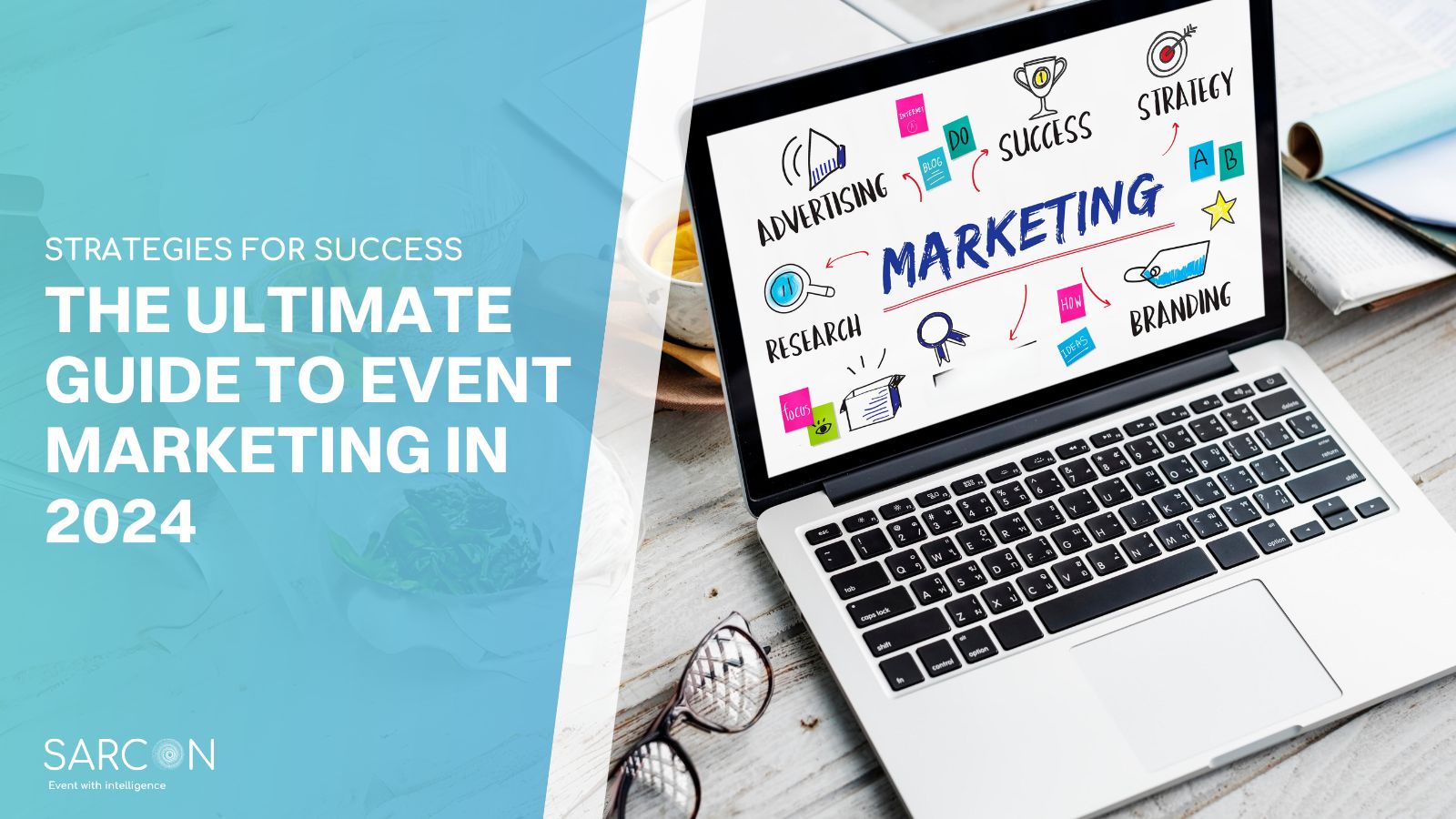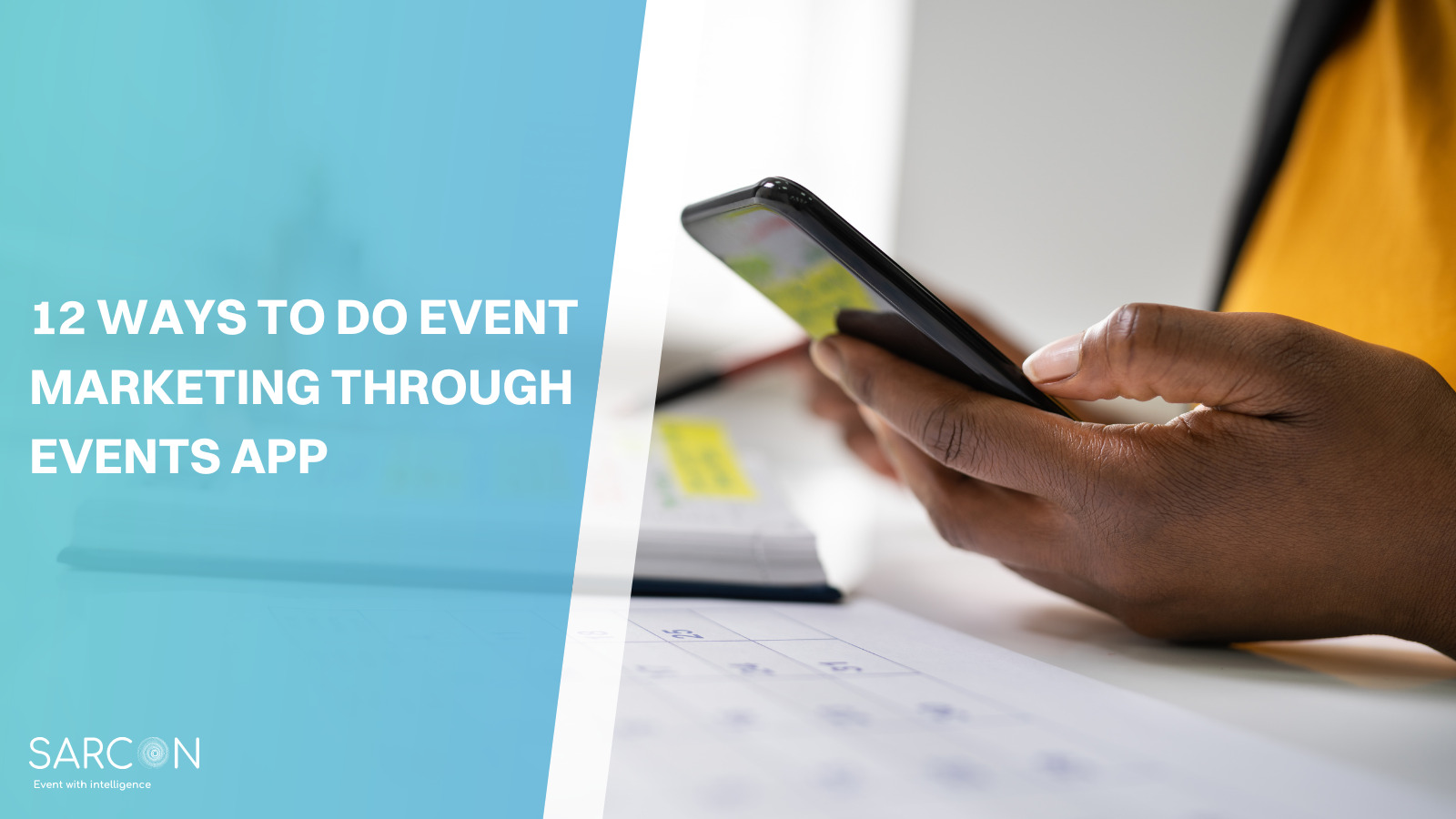In an era where digital presence is paramount, social media has emerged as the cornerstone of effective event marketing. The evolution from traditional advertising to dynamic social media strategies signifies a shift towards more engaging, real-time participation from audiences. As we step into 2024, understanding the nuances of social media event marketing is not just beneficial; it’s essential. This guide delves into why integrating social media into your event marketing plan can lead to unparalleled engagement and success.
What Is Social Media Event Marketing?
Social media event marketing, in its essence, is the art and science of using social media platforms to promote and enhance events. These events can range from product launches and conferences to webinars, festivals, and even virtual gatherings. Essentially, it leverages the power of social media to generate buzz, engage with the target audience, and drive attendance.
Unveiling Social Media Event Marketing Strategies
- Pre-Event Promotion: Building anticipation is key. Use social media to create a countdown to your event, sharing teasers, behind-the-scenes glimpses, and information about event speakers or performers. Leverage the excitement to drive early registrations.
- Create an Event Page: Crafting an eye-catching event page. Platforms like Facebook offer dedicated event pages where all relevant details can be consolidated. Interested users can RSVP, receive updates, and share the event, creating a buzz.
- Influencer Marketing: Collaborate with influencers in your industry or niche to tap into their follower base. Influencers can lend authenticity to your event, reaching audiences that might have been previously untapped.
- Strategic Content Sharing: Share informative and engaging content related to the event theme. This can include blog posts, videos, infographics, and articles that provide value to your audience and create a sense of community around your event.
- Real-time Engagement: Engage with your audience in real-time by responding to comments, questions, and feedback. This fosters a sense of connection and demonstrates your commitment to providing a meaningful event experience.
- Live Event Coverage: Utilize live streaming on platforms like Instagram, Facebook, or YouTube to provide virtual attendees with an immersive experience of the event. This can include key moments, behind-the-scenes looks, and interviews with speakers.
- Post-Event Engagement: Extend the life of your event beyond its physical duration. Share highlights, testimonials, and key takeaways from the event, sparking conversations and keeping the momentum alive.
Why Social Media Event Marketing Is Crucial
In the digital age, social media event marketing is not merely an option; it’s a necessity. Let’s explore why this strategy has become indispensable.
1. Global Reach and Accessibility
The power of social media lies in its ability to connect people across the globe instantaneously. Platforms such as Facebook, Twitter, Instagram, and LinkedIn have amassed billions of users, making them ideal for reaching a diverse and widespread audience. Unlike traditional advertising methods limited by geographical constraints, social media breaks down these barriers. With just an internet connection, anyone can participate in and promote your event. This global accessibility opens up new horizons for event organizers to attract attendees from different corners of the world.
2. Cost-Effective Event Promotion
Social media offers a cost-effective alternative to traditional event marketing channels. With the right strategy, event organizers can create engaging content, run targeted ads, and even collaborate with influencers, all within a budget tailored to their goals. This flexibility empowers both large-scale and small-scale events to allocate resources efficiently, maximizing the return on investment (ROI) for their marketing efforts.
3. Real-Time Engagement
One of the most compelling advantages of social media event marketing is the opportunity for real-time engagement. Attendees can actively participate in discussions, share their experiences, and provide instant feedback. This immediate connection fosters a sense of community and excitement leading up to the event. The ability to interact with event organizers and fellow attendees on social platforms like Facebook events or Twitter hashtags enhances the overall event experience, making it more memorable.
4. Data-Driven Insights
Social media platforms are a goldmine of data and analytics. Event organizers can leverage these insights to measure the effectiveness of their marketing campaigns. They can track engagement metrics, monitor which content resonates with their audience, and adjust their marketing strategy on the fly. This data-driven approach empowers event organizers to refine their efforts continuously, ensuring that every marketing dollar is well-spent and delivering measurable results.
5. Building Anticipation
Social media is a powerful tool for building anticipation around your event. In the days leading up to your event i.e in your pre-event social media marketing, you can use teasers, countdowns, and behind-the-scenes glimpses to create a buzz. This not only keeps your audience excited about the upcoming event but also ensures a strong turnout. Building anticipation for your event is not limited to a single event; it can also be harnessed to promote future events.
Overview of Social Media Event Marketing
Now that we understand the significance, let’s dive into the nuts and bolts of social media event marketing.
1. Choose the Right Platforms
The first step in your social media event promotion is selecting the appropriate platforms. Not all social media platforms are created equal, and your choice should align with your target audience. For instance, B2B events may find success on LinkedIn, where professionals congregate, while visual events, such as fashion shows or art exhibitions, could thrive on social platforms like Instagram or Pinterest, where visuals take center stage.
It’s essential to understand where your audience spends their time online and tailor your efforts accordingly. A well-placed message on the right platform can make all the difference in attracting the right attendees to your event.
2. Content is King
In the realm of social media event marketing, content reigns supreme. Compelling and captivating content is the heart and soul of your promotional efforts. Craft visually appealing posts, engaging videos, and informative infographics that not only showcase the details of your event but also tell a story, evoke emotions, and pique curiosity.
Content marketing is a powerful strategy within social media event marketing. It involves creating and distributing valuable, relevant content to attract and engage your target audience. Your content should offer a glimpse of what attendees can expect at your event. Share behind-the-scenes sneak peeks, highlight guest speakers or performers, and provide teasers about the experiences awaiting them.
Furthermore, content marketing extends beyond event promotion; it’s about building a relationship with your audience. By consistently delivering valuable content, you establish trust and credibility. This, in turn, makes it more likely that your audience will not only attend your current event but also remain engaged with your brand for future events.
High-quality content not only grabs attention but also entices potential attendees to take action. Whether it’s signing up for your event, sharing your content with their network, or actively participating in discussions, effective content marketing encourages meaningful interactions between your brand and your audience. Ultimately, this engagement can lead to increased event attendance and a loyal following for your future events.
3. Leverage User-Generated Content
One of the most potent tools in your marketing arsenal is user-generated content (UGC). Encourage event attendees to share their experiences on social media using your event’s official hashtag. UGC provides authentic testimonials and extends the reach of your event to a wider audience.
Reposting and sharing UGC not only acknowledges your attendees’ enthusiasm but also fosters a sense of community around your event. Attendees become brand ambassadors, helping you promote your event organically.
4. Engagement and Interaction
Engagement is a two-way street in the world of event marketing. It’s not enough to simply push out content; you must actively engage with your audience. Respond promptly to comments, answer questions, and create polls, quizzes, and contests to keep the conversation going.
Engagement fosters a deeper connection between your event and its audience. It builds anticipation leading up to the event and keeps attendees engaged even after it’s over. Encourage discussions, gather feedback, and create a sense of belonging within your social media community.
5. Data and Analytics
No social media marketing strategy is complete without the use of data and analytics. Leading up to the event and during its duration, monitor your event’s performance using the analytics tools provided by the social media platforms you’re using. Track metrics such as engagement rates, click-through rates, and reach.
This data-driven approach allows you to evaluate what worked and what didn’t in real-time. You can make informed adjustments to your strategy, ensuring that you’re maximizing the impact of your marketing efforts. Use this information to refine your social media marketing strategy for future events, adapting it based on the preferences and behaviors of your target audience.
How To Build a Social Media Event Marketing Strategy
Any event organizer knows that building an effective social media event marketing strategy requires careful planning and execution. In the digital age, leveraging the power of social media can significantly boost your event’s reach, engagement, and success. Whether you’re organizing a physical event, a virtual event, or a hybrid gathering, a well-structured social media strategy is a key element in achieving your goals. So here’s a step-by-step guide to help you in your upcoming event:
1. Define Your Goals
Every successful event marketing strategy starts with clear and well-defined goals. Determine what you want to achieve with your event. Is it about increasing attendance, enhancing brand exposure, generating leads, or something else? Your goals will shape the rest of your strategy and provide a benchmark for measuring success.
2. Know Your Audience
Understanding your target audience is crucial for tailoring your event and marketing efforts. Research your audience’s preferences, interests, pain points, and online behavior. This insight will guide you in creating content and messaging that resonates with them, increasing the likelihood of engagement.
3. Choose the Right Platforms
Different social media platforms cater to different demographics and interests. Select platforms that align with your audience and goals. For instance, LinkedIn might be ideal for a B2B event, while Instagram and TikTok could work well for targeting younger audiences. Focus your efforts on the platforms where your potential attendees are most active.
Here’s a brief overview of the major platforms in 2023:
- Facebook: Ideal for reaching a broad audience and creating event pages.
- Instagram: Great for visually appealing events, leveraging stories, and engaging a younger demographic.
- Twitter: Perfect for real-time updates, event hashtags, and engaging with influencers.
- LinkedIn: Effective for B2B events, networking, and thought leadership.
- TikTok: A platform for short, engaging video content and reaching a younger audience.
4.Create an Event Page
Create an event page or listing on social media platforms where users can find all the essential details about your event. Ensure that the page is visually appealing and contains information such as date, time, location, speakers, and registration details.For information on how to create an event page that boosts registrations click here
5. Content Calendar
Consistency is key in maintaining engagement. Create a content calendar that outlines what type of content you’ll post, when you’ll post it, and on which platforms. Your content should be a mix of event-related announcements, behind-the-scenes glimpses, speaker spotlights, and interactive posts to keep your audience engaged and excited leading up to the event.
- Schedule Posts: Use social media management tools to schedule posts in advance, maintaining a steady stream of content.
- Vary Content Types: Mix text, images, videos, and stories to keep your audience engaged.
- Include Countdowns: Generate anticipation by incorporating countdowns to the event in your posts.
6. Engagement Plan
Your social media engagement plan should cover the entire event lifecycle:
- Pre-event: Build anticipation by sharing teasers, countdowns, and sneak peeks of what attendees can expect. Encourage interaction by asking questions, running polls, and hosting giveaways.
- During the event: Provide real-time updates, live coverage, and interactive content. Share photos, videos, and quotes from speakers or performers. Create event-specific hashtags to encourage attendees to share their experiences and generate a buzz.
- Post-event: Extend the conversation by sharing highlights, recaps, and attendee testimonials. Gather feedback and thank attendees for their participation. This is also the time to share any recorded sessions or additional resources.
7. Leverage Influencer Marketing
Collaborate with influencers in your niche to promote your event. Influencers can help expand your reach and credibility by sharing information about your event with their followers.
- Identify Key Influencers: Find influencers in your niche who align with your event’s goals and values.
- Negotiate Partnerships: Reach out to influencers for collaborations, offering them value in return for promotion.
- Track Performance: Use tracking tools to measure the impact of influencer collaborations on your event’s success.
8.Provide Live Event Coverage
Live stream parts of your event on social media platforms to give those who can’t attend in person a taste of the experience. Live coverage can also help maintain engagement during the event.
9. Leverage Paid Advertising
Organic reach on social media can be limited, so consider investing in paid advertising. Most platforms offer targeted advertising options that allow you to reach a specific demographic, location, or interest group. Allocate a budget for sponsored posts, social media ads, and influencer partnerships to extend your event’s reach. For more information check out our Guide to Mastering Event Ads in 2023
10. Encourage User-Generated Content
Encourage attendees to share their experiences on social media. Repost user-generated content on your official event profiles to build a sense of community and trust.
11. Harnessing the Potential of Hashtags
A unique event hashtag can help create a buzz and facilitate conversations around your event. Promote the hashtag across all your marketing materials and encourage attendees to use it when posting about the event. Monitor the hashtag for user-generated content and join the conversation.
- Event-Specific Hashtags: Create a unique hashtag for your event to build excitement and foster community engagement.
- Trending Hashtags: Stay up-to-date with trending hashtags related to your industry or niche to reach a wider audience.
- Avoid Overstuffing: While hashtags are valuable, avoid using too many in a single post, as it can appear spammy.
12. Measure and Adjust
Analytics are your best friend when it comes to assessing the success of your strategy. Track metrics such as engagement rates, reach, clicks, and shares across all social media channels. Use these insights to refine your strategy for future events. Be prepared to adjust your approach based on what’s working and what isn’t.
- Use Analytics Tools: Platforms like Google Analytics and social media insights provide invaluable data.
- Analyze Engagement: Pay attention to likes, shares, comments, and click-through rates to gauge your content’s effectiveness.
- Adjust Your Strategy: Based on the data, refine your strategy as needed to achieve better results.
Conclusion
In conclusion, social media event marketing in 2023 is a dynamic, indispensable tool for promoting and enhancing events of all kinds. Understanding its importance, crafting engaging content, and building a well-thought-out strategy are key to harnessing the full potential of social media in the digital age. Whether you’re planning a local workshop or a global conference, social media can help you create a buzz that reverberates far and wide. So, embrace the power of social media and make your next event an unforgettable success.



